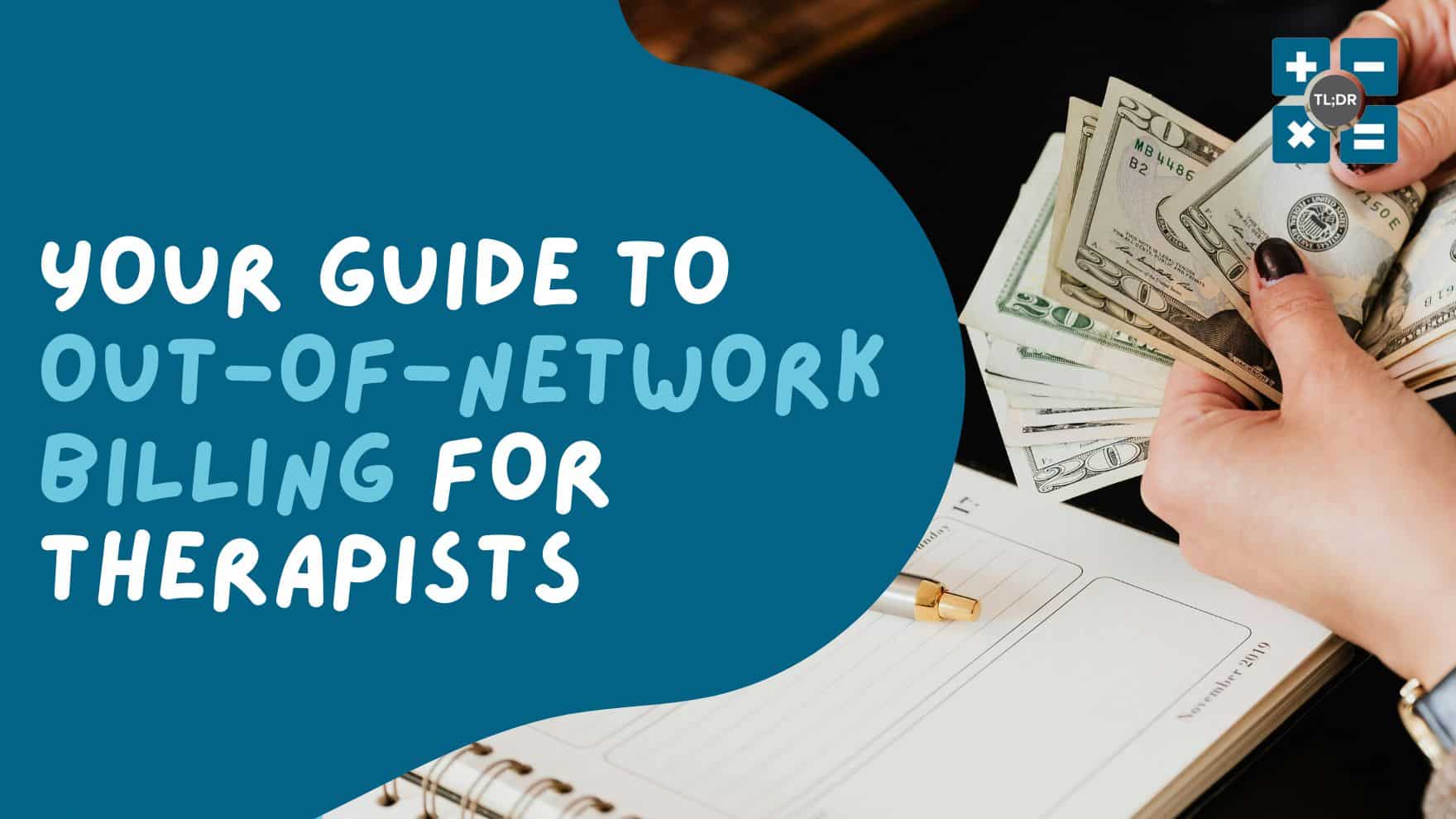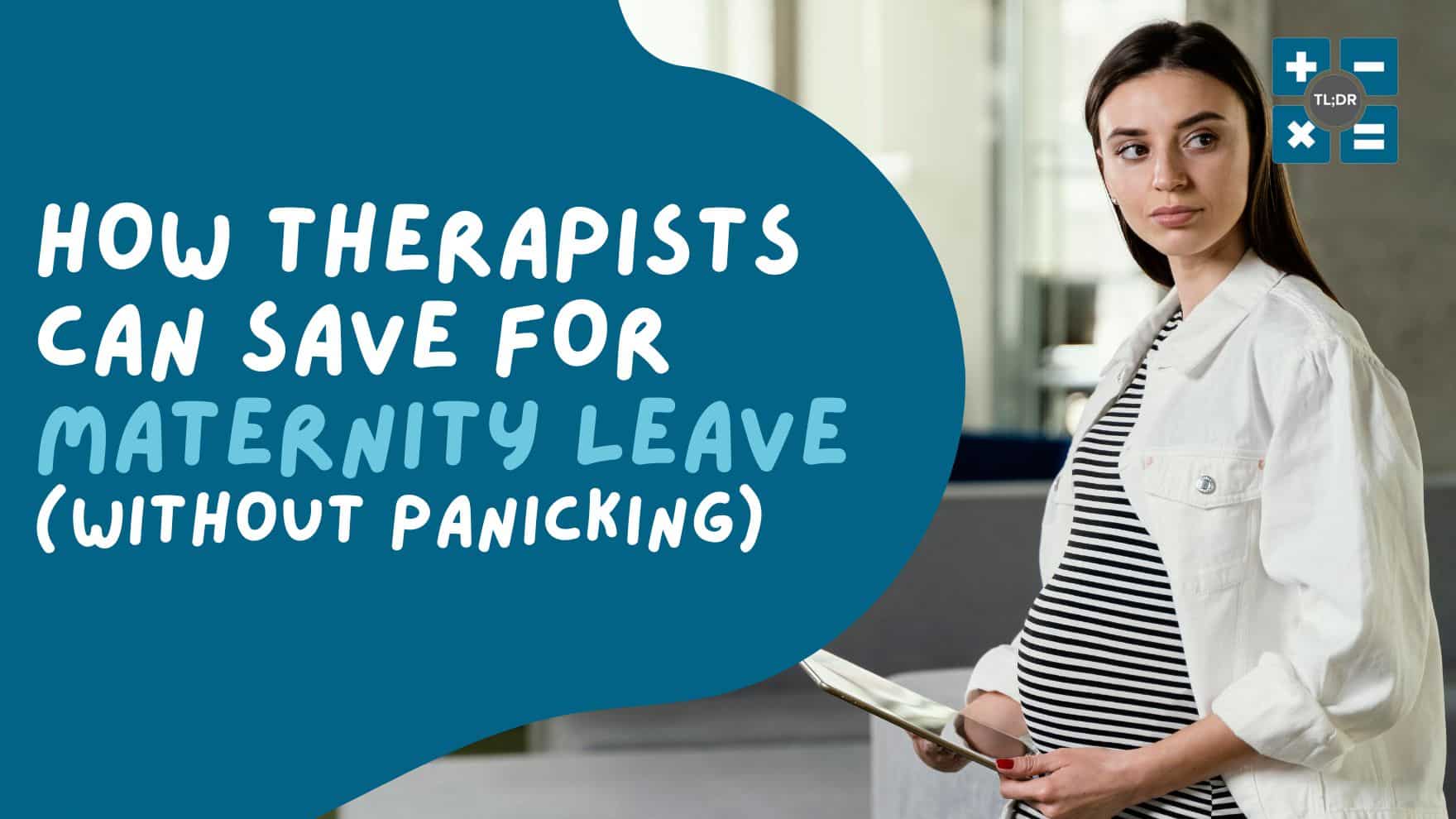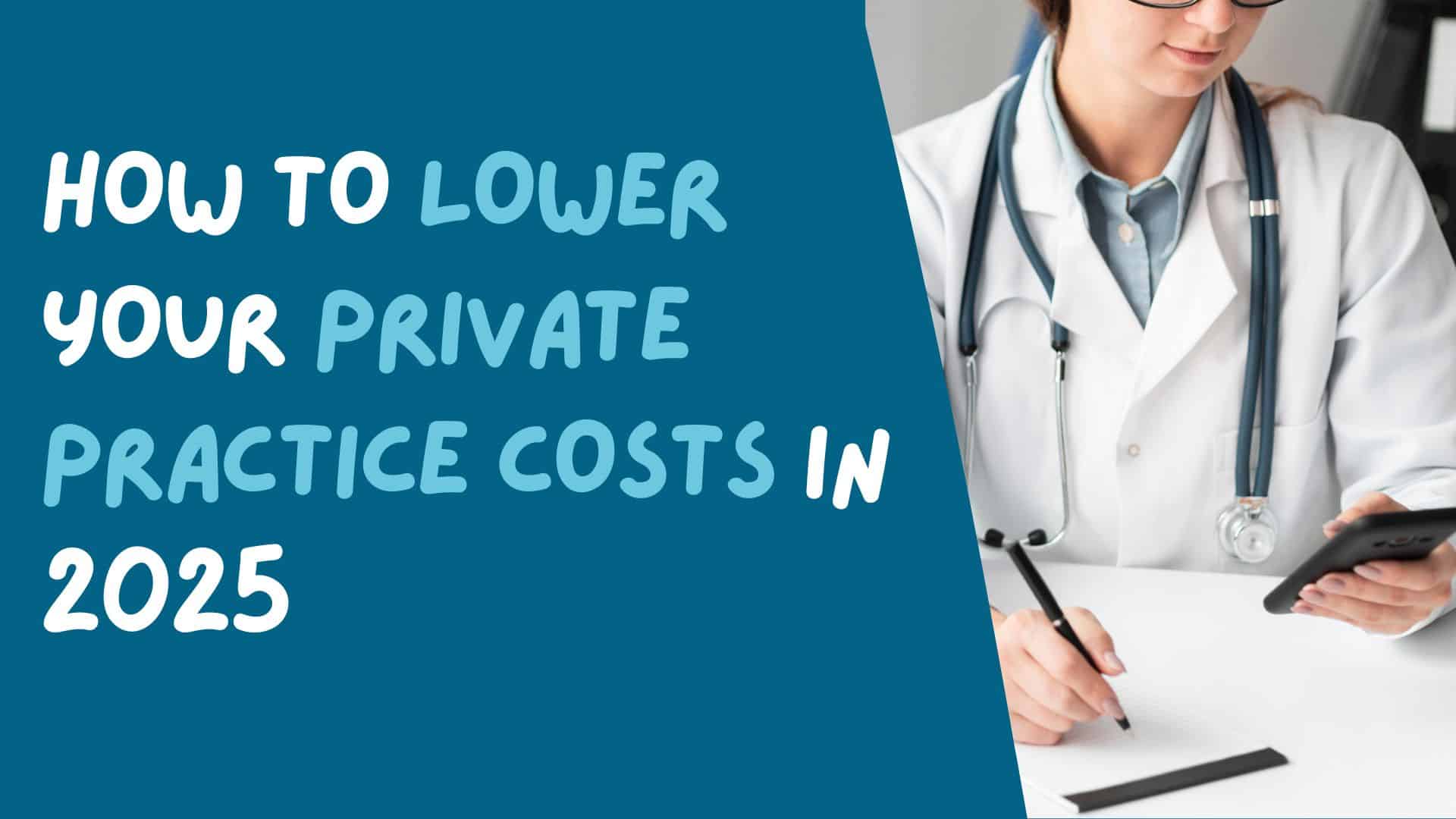Ah, out-of-network billing: the land of superbills, confusing insurance forms, and “Wait… do I need to do anything else?”
If you’re a therapist who doesn’t take insurance directly, but still wants clients to be able to use their benefits, you’ve probably run into the chaos that is out-of-network billing for therapists.
Maybe you’ve tried creating a superbill once and got a “Thanks… but my insurance rejected it” email two weeks later. Maybe you’ve avoided the whole thing entirely because it feels too complicated.
This guide is here to help you understand how it actually works in 2025, and how to make it less painful for both you and your clients.
What Is Out-of-Network Billing?
In plain English: You’re not in-network with the client’s insurance company, but they still might get reimbursed if their plan includes out-of-network benefits.
Your job? Provide them with documentation—usually a superbill—so they can submit it and maybe get reimbursed.
You don’t have to deal with insurance companies directly, but you do have to give clients the info they need to try.
What Goes on a Superbill?
A superbill is basically a fancy invoice with some required insurance info. In 2025, most insurance companies want to see:
- Your name, NPI number, and license info
- Client name and date of birth
- Dates of service
- CPT codes (like 90837 or 90834)
- ICD-10 diagnosis code
- Your fee per session
- Total amount paid by the client
It doesn’t have to be pretty, but it does have to be complete.
There are software tools (SimplePractice, TherapyNotes, etc.) that can auto-generate these for you, but you can also make one yourself using a solid template.
When Should You Give the Superbill?
Best practice: monthly, or immediately after each session if a client asks.
Delays = denied claims. We’ve seen clients try to submit three months of superbills at once, only to find out their plan has a 90-day deadline. Sadness ensues.
Do Clients Get Reimbursed Automatically?
Nope. That’s the catch.
Out-of-network reimbursement depends on:
- Whether their plan even has out-of-network coverage
- Their deductible (and whether they’ve met it)
- Whether the insurance company feels like cooperating this week
It’s a little unpredictable. Some clients get 70–80% of your fee back. Others get nothing and rage-quit the process.
We always recommend reminding clients to call their insurance company first and ask:
- Do I have out-of-network benefits for mental health?
- What’s my deductible and how much of it is left?
- What percentage will I be reimbursed for CPT code 90837?
- How do I submit a superbill?
They’ll be on hold for a while, but it’s worth it.
Can You Help Clients Submit Claims?
You can—but you don’t have to.
Some therapists go above and beyond and help clients fill out forms or even use apps like Reimbursify. Others just hand over the superbill and wish them good luck.
Either is fine. Just be clear up front what you do and don’t provide.
Bonus: 2025 Changes to Watch For
While there haven’t been massive changes to out-of-network billing rules in 2025, more insurance plans are moving toward tighter reimbursement timelines. So timely documentation is more important than ever.
We also expect some growing use of automated claim-submission platforms by clients (and more pressure on therapists to understand how they work).
Bottom line: the process is still clunky, but not impossible.
Need Help With Your Practice’s Billing Setup?
We help therapists build practices that run smoother, with systems that actually support your business (and don’t drive you or your clients nuts).
If you need help figuring out your billing process, setting up software, or just understanding what the heck all those codes mean, we’ve got your back.
Let us help you make it make sense.
TL;DR:
Out-of-network billing means your clients pay you directly, and you give them a superbill so they can try to get reimbursed. In 2025, the rules haven’t changed much, but timeliness and documentation matter more than ever. You don’t deal with insurance yourself, but you do need to know how to help your clients navigate it.





